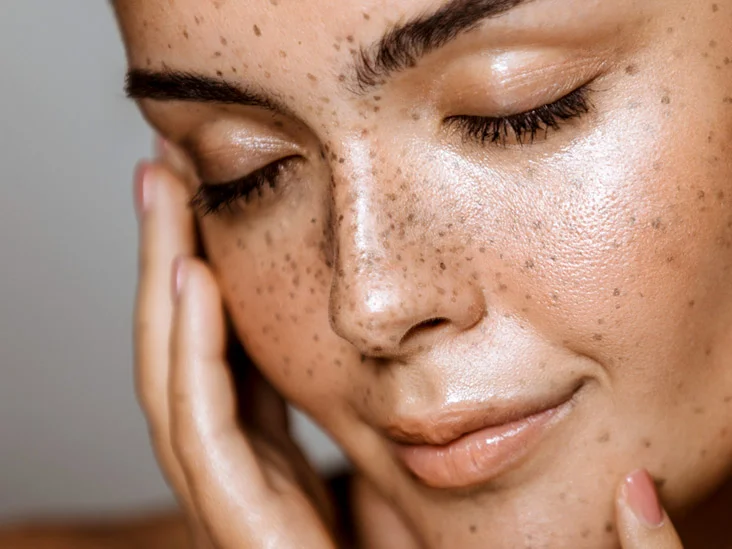how to prevent acne scars

Preventing acne scars can be challenging, but there are steps you can take to reduce your risk of developing them: Treat acne promptly: The earlier you treat acne, the less likely it is to leave scars. Use over-the-counter acne treatments or consult a dermatologist for prescription medications. Avoid picking or popping pimples: Picking or popping pimples can cause further inflammation and increase the risk of scarring. Protect your skin from the sun: Sun exposure can worsen acne and lead to hyperpigmentation or darkening of the skin. Always wear sunscreen with an SPF of at least 30 and avoid tanning. Use gentle skincare products: Avoid harsh scrubs or products that contain alcohol, as these can irritate the skin and worsen acne. Keep your skin hydrated: Use a gentle, oil-free moisturizer to keep your skin hydrated and healthy. Consider professional treatments: If you have severe or persistent acne, consider seeking professional treatments such as chemical peels, microdermabrasio...


